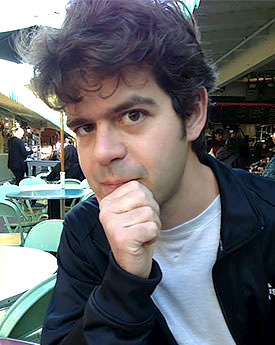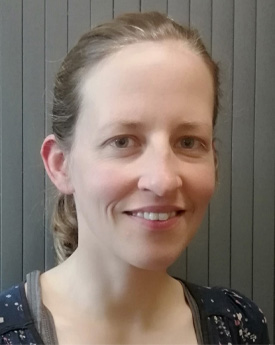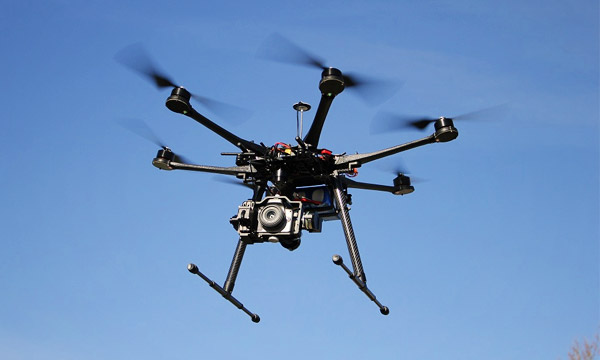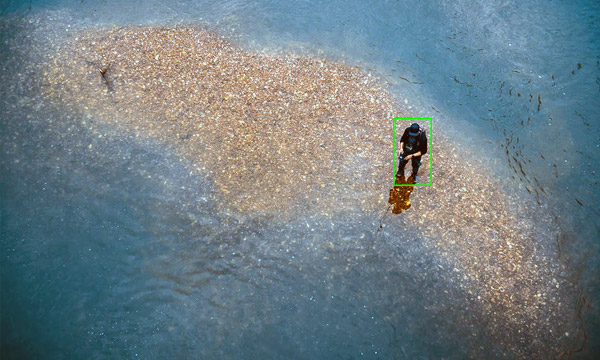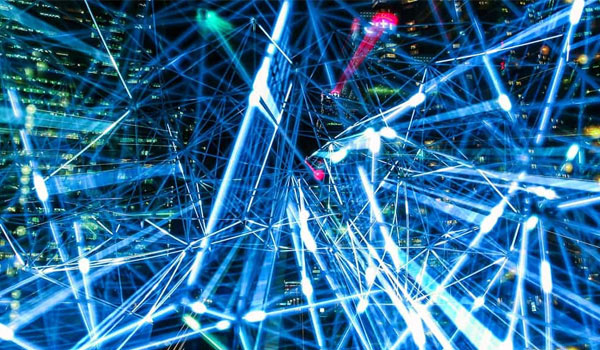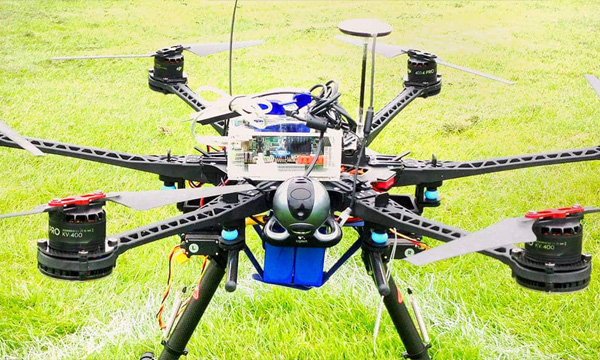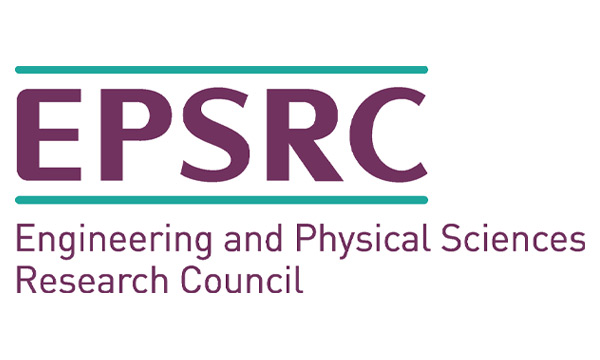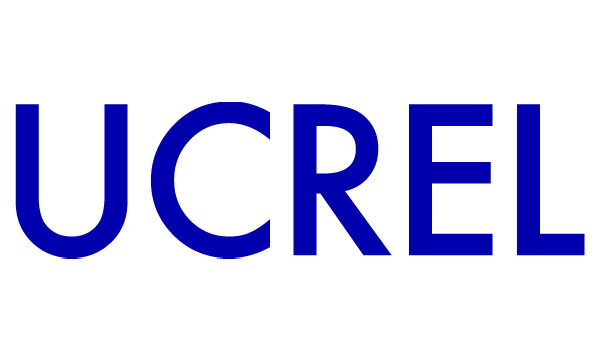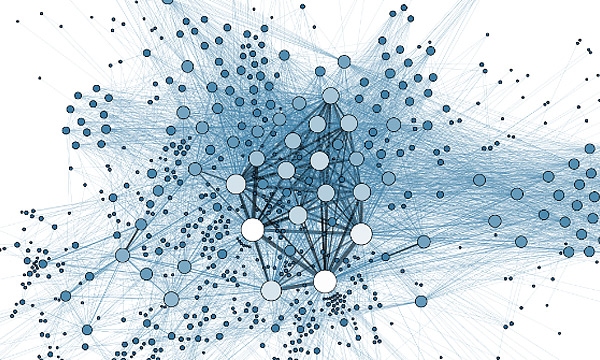Research Activity
The Data Science Group (DSG) was formed in 2014 by bringing together Intelligent Systems, Natural Language Processing (NLP) & Artificial Intelligence (AI) researchers. We focus on new methods, algorithms and applications of transforming data in real-time to meet real-world needs via inter-disciplinary collaborations. We work with large scale, streaming, heterogeneous, unstructured data. Our expertise includes machine learning, computer vision, data mining & visualisation, deep learning, intelligent video analytics, multi-agent systems, NLP, deception detection, and autonomous learning.
DSG members are international leaders in Autonomous Machine Learning, Dynamically Self-evolving neural networks and fuzzy rule-based models for data streams, Corpus Linguistics and NLP. Research applications range from online child protection, cybersecurity, learner dictionaries, historical and financial text mining to intelligent video analytics, unmanned (aerial and ground-based) systems, defence, security, smart transport, biomarker identification, self-calibrating sensors for oil refineries, chemical industry (polymerisation processes).
We support a vibrant set of weekly seminars - NLP reading group, DSG and UCREL corpus seminars - which provide opportunities for researchers to trial conference presentations, connect with the latest hot topics, and engage with invited speakers. For major conference deadlines, we internally peer-review drafts and apply best practice guidelines for data and code documentation and open access releases. PhD students progress to PDRA and lectureship posts, prestigious internships (e.g. ATI, Amazon), and regularly receive awards (e.g. ACL-SemEval best paper). Alongside a set of micro-UAVs, development boards, we maintain a family of virtual development and production servers running on blades in the ISS building. We set up Lancaster's first GitLab server which SCC systems team have now adopted for the whole School.
DSG members have spun-out two companies in InfoLab21 KBC. We engage with local, regional, national and international business and third sector organisations through student projects, partnerships, co-funding arrangements. DSG lead Rayson is also UCREL research centre director and was CASS co-I which received the Queens Anniversary Prize 2015. The group has a strong portfolio of research projects funded by UKRI Councils, The Royal Society, EC, industry, and other government agencies. We receive funding from research councils such as EPSRC, ESRC, AHRC. We also have a broader range of sources such as GCRF, Leverhulme Trust, Wellcome Trust, Innovate UK and Impact Acceleration Accounts.




















